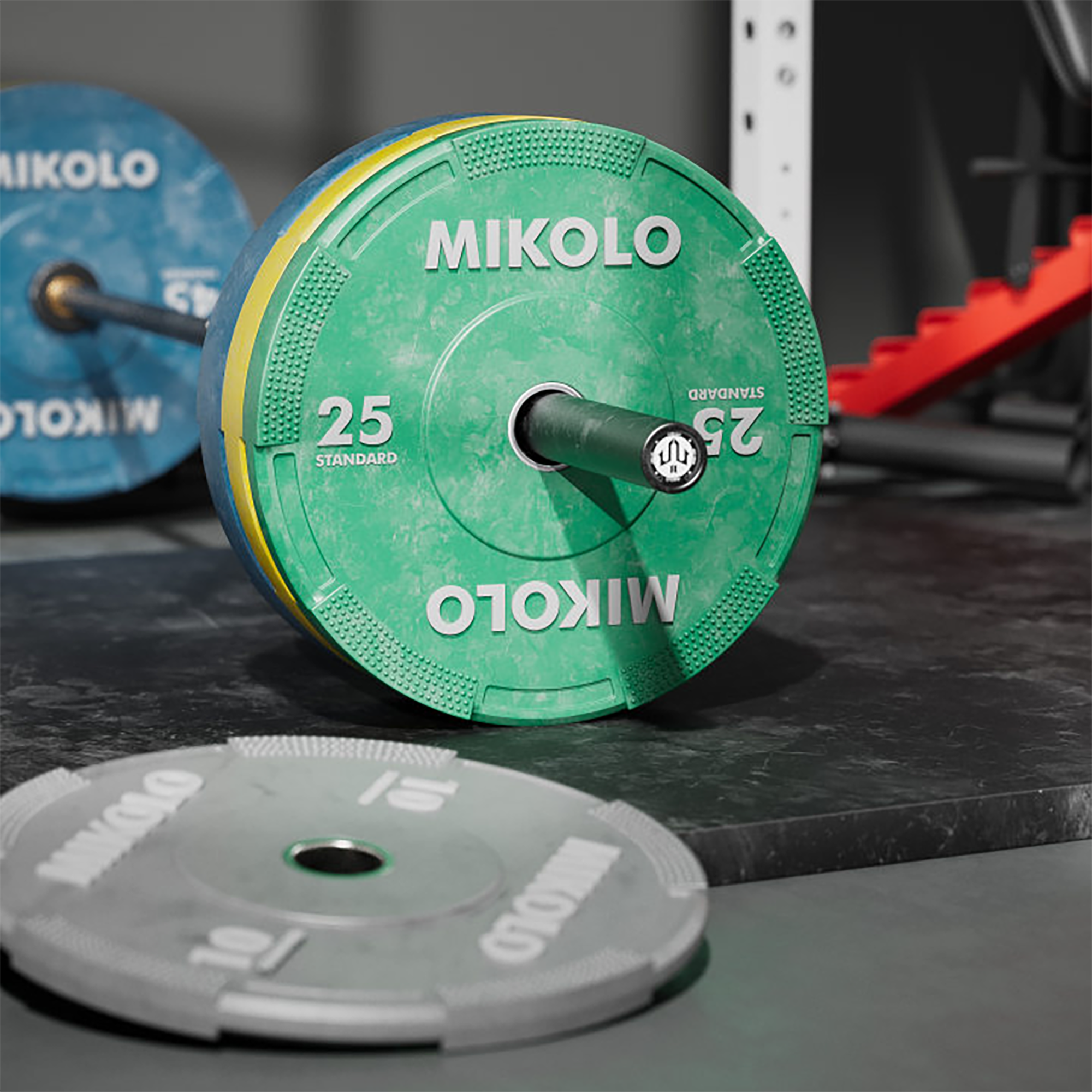The overhead press—often called the OHP—is a foundational lift in any strength training program. It's not just a shoulder exercise; it's a full-body movement that challenges your core, stabilizers, and even your legs. Whether you’re training for strength, aesthetics, or athletic performance, learning how to perform the overhead press correctly is a game changer.
What Is the Overhead Press?
The overhead press is a compound movement where you lift a barbell or dumbbells from shoulder height straight overhead until your arms are fully extended. Unlike the bench press, which offers back support, the OHP demands total-body coordination and postural strength. Variations include the strict press, push press, and the front overhead press using dumbbells or barbells.
How to Do an Overhead Press (Step-by-Step)
1. Set Up Your Stance
-
Stand with your feet shoulder-width apart
-
Brace your core and squeeze your glutes
-
Keep a neutral spine and avoid overarching your lower back
2. Grip and Rack the Bar
-
Grip the bar just outside shoulder width
-
Wrists should be stacked over your elbows
-
Rest the bar across your upper chest/clavicles
3. Press the Weight Overhead
-
Inhale, brace, and press the bar in a straight line upward
-
Move your head slightly back as the bar passes your forehead
-
Once the bar clears your head, push your head forward and lock out
4. Lockout and Return
-
Lock out the elbows without overextending
-
Control the bar back down to the starting position
Common Mistakes to Avoid
-
Overarching the lower back: Keep your ribs down and core tight
-
Flaring the elbows: This can strain your shoulders—keep them under the bar
-
Pressing too far forward: The bar path should be vertical, not arced
Front Overhead Press: A Variation Worth Trying
The front overhead press—where the bar starts in front of the shoulders—can be done with a clean grip or from a front rack position. It places more emphasis on the anterior deltoids and requires more thoracic mobility. This variation is particularly useful for athletes who incorporate Olympic lifts into their programming.
My Experience with the OHP
When I first started lifting, I underestimated the overhead press. Bench pressing came easy, but pressing a bar overhead exposed every weakness—tight shoulders, poor posture, weak core. It wasn’t until I stripped the weight down and focused on form that I saw real progress. The OHP became a benchmark of my overall fitness—not just my strength, but my posture and control. To this day, it’s a lift I prioritize weekly.
Benefits of the OHP in Fitness
-
Total body engagement: From your feet to your fingertips, everything works together
-
Core strength: Stabilizing the weight overhead builds real-world strength
-
Posture correction: Strengthens the upper back and shoulders for better alignment
-
Carryover to sports and daily life: Lifting overhead mimics real-world movement patterns
Overhead Press Tutorial (Video or Visuals Recommended)
If you’re new to lifting or want to refine your form, follow a trusted overhead press tutorial from a certified coach or experienced lifter. Seeing the lift performed in real time can help you understand proper bar path, breathing technique, and posture.
Where to Go From Here
Start with light weights. Perfect your form. Progress slowly. The overhead press isn’t about ego—it’s about mastery. Whether you're aiming to improve your ohp lift numbers or simply seeking better shoulder stability, this lift deserves a place in your training.
Strong shoulders don’t come from endless lateral raises—they’re built under the bar, one solid rep at a time.













































Leave a comment
This site is protected by hCaptcha and the hCaptcha Privacy Policy and Terms of Service apply.